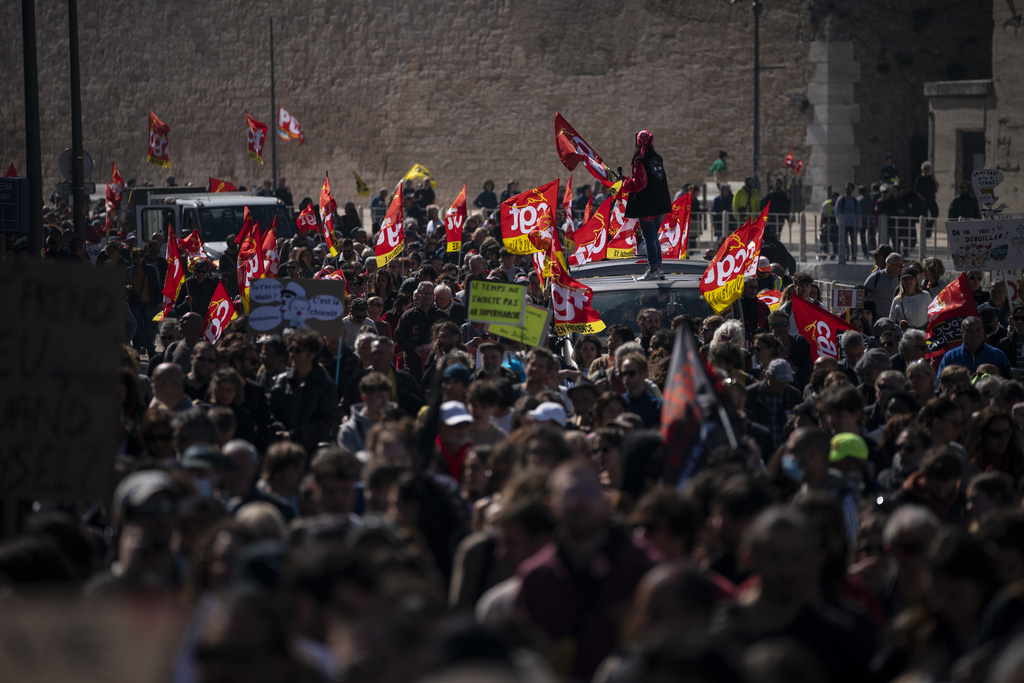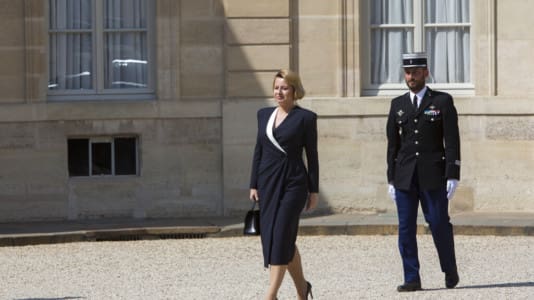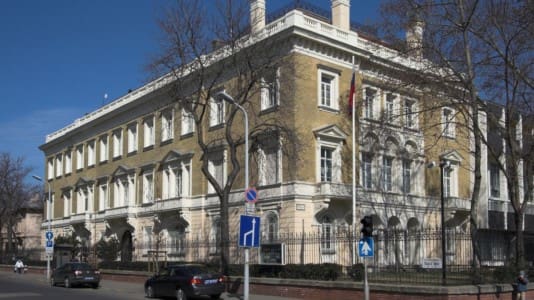Hundreds of thousands of French took to the streets to protest against Emmanuel Macron’s pension reform after the French president opted to raise the retirement age from 62 to 64. This alone would have been reason enough for violent protests, but the real motive was the fact the bill was passed by the government without parliamentary approval and promulgated by the president.
The upheaval of the day would have been contained within the confines of domestic politics, except that Charles III, the new monarch of the United Kingdom, was about to visit France.
The king’s visit had been arranged based upon a recommendation by the British government and would have been his first foreign visit since assuming the top role in the British monarchy after his late mother, Queen Elizabeth II, passed.
However, Charles III’s trip to France was canceled after Macron asked British Prime Minister Rishi Sunak to do so by telephone. Paris feared that they would not be able to guarantee His Majesty’s safety. Regardless of the British public law system, the planned visit would have had important diplomatic and geo-strategic significance. In addition to the loss of prestige, the cancellation of the visit could be seen by both parties as a major diplomatic defeat.
It is traditional British diplomacy to always support the weaker side in continental conflicts, lest the other side become too strong. In this case, France is the weaker party, and Germany the stronger. The European Union has so far been dominated by the Paris-Berlin axis, with the two sides agreeing between themselves on important issues and then expecting the other member states to follow suit. For some time now, however, there has been a rivalry between Paris and Berlin, with each seeking to gain more influence in the EU at the expense of the other.
The debate is currently raging over whether or not nuclear power can be defined as green energy. The Germans are in favor of phasing out nuclear energy from the EU, while the French, taking a similar position to the Hungarian government, want to include nuclear energy in the “green package.”
But there is more. While Macron, evaluating his previous statements, would take Russia’s security interests into account in the Ukraine conflict, German Chancellor Olaf Scholz is in favor of an illusory total victory for Ukraine. All this does not justify the Germans being the stronger party in the Franco-German battle, but Berlin’s EU integration is much deeper than the French — all the more so because the EU Commission is also increasingly embracing U.S. interests, especially on Ukraine.
It is in this context that the cancellation of the royal visit must be interpreted, which is very embarrassing for the French and a big diplomatic slap in the face for Macron, because Charles III is only going to Berlin instead, and Germany will be the first state to be visited by the British monarch. The circumstances send a message to the outside world that the French president will not be able to control the domestic political situation in the long term.
That was not a part of the plan.






